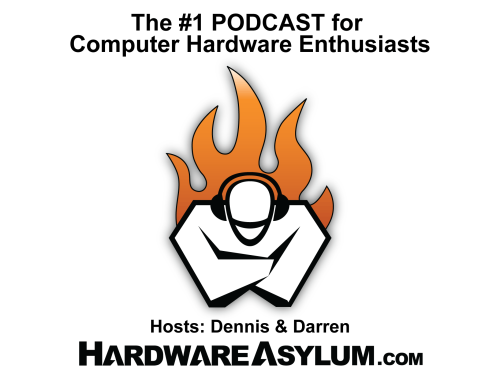Origins of the Modern Internet with a Bulletin Board System

Hosts: Dennis Garcia and Darren McCain
Time: 29:19
Subscribe Options
RSS (MP3)
iTunes (MP3)
Spotify (Stream)
Amazon (Stream)
Originally recorded June 2022

Hosts: Dennis Garcia and Darren McCain
Time: 29:19
Subscribe Options
RSS (MP3)
iTunes (MP3)
Spotify (Stream)
Amazon (Stream)
Originally recorded June 2022
Before the wide spread use of the Internet there were limited ways for computers to communicate. Most large businesses had access to a local area network which allowed their employees to share files and save data to a common location. Home users didn’t often have that luxury and resorted to using a complex system of floppy disks and SneakerNet protocol to transfer files and sometimes communicate with other people in real time. (read: Physically take a floppy disk to a friend)
For those lucky enough to have a modem that opened up a whole list of possibilities from dialing into a friend’s computer or even connecting to a local BBS (Bulletin Board System). A BBS is a software package that allows people to share messages and files. Many of them had dedicated message forums where users could share information. Several even allowed their users to have access to email so you could send private messages to other members and even commutate around the world on connected networks such as FidoNet or DoveNet.
The BBS was also one of the starting points for the common “Online Alias” or “Nickname” used to uniquely identify yourself on the network. There was always a real record associated with the name but, for those on the BBS you would often be identified by that Alias.
Aside from the communication and community created by a local BBS there was also the concept of Door Games which allowed users to play text based games with other players on the system. Some of these games supported full multiplayer integration however, the vast majority were turn based and aware of other players but only one person could play at a time.
What is interesting about a BBS is that they shaped the modern internet. For instance, early websites were often an extension of the person who set them up and included features that helped to build communities. News posting sections (the Bulletin), a message forum and a place to share things like web URLs, files and photos were key features to keep people coming back. Sites like AOL.com and Compuserve started as service providers with BBS style features along with a “Door” to the Internet. This door allowed users to surf the web and ultimately became a major source of revenue.
Sadly, early websites were limited by the technology of the time but, with the advent of HTML5, more advanced browsers and mobile devices we are quickly finding that almost anything is possible and we owe it all to those who dedicated their time and computers to build vast digital communication and entertainment systems at a time when the floppy disk ruled the world.
Related Links
Synchronet BBS
Mystic BBS
Episode 136 featured music:
Little People - Start Shootin' (http://www.littlepeoplemusic.com/)
 Consumer Electronics Show 2026 Highlights
Consumer Electronics Show 2026 Highlights Best Holiday Games to Play for 2025
Best Holiday Games to Play for 2025 Hardware Asylum Podcast Upgrades
Hardware Asylum Podcast Upgrades Creative Sound Blaster Re:Imagine Modular Audio Hub with AI
Creative Sound Blaster Re:Imagine Modular Audio Hub with AI The State of Tech Events and the Challenges of Building PCs
The State of Tech Events and the Challenges of Building PCs Exploring the New YTX Motherboard Form Factor and why ATX is King
Exploring the New YTX Motherboard Form Factor and why ATX is King Shopping for New Gaming Headphones Looking at the Oldest and Newest Keyboards
Shopping for New Gaming Headphones Looking at the Oldest and Newest Keyboards Overclocking your Vegetable Garden with Hydroponics
Overclocking your Vegetable Garden with Hydroponics View All Episodes
View All Episodes